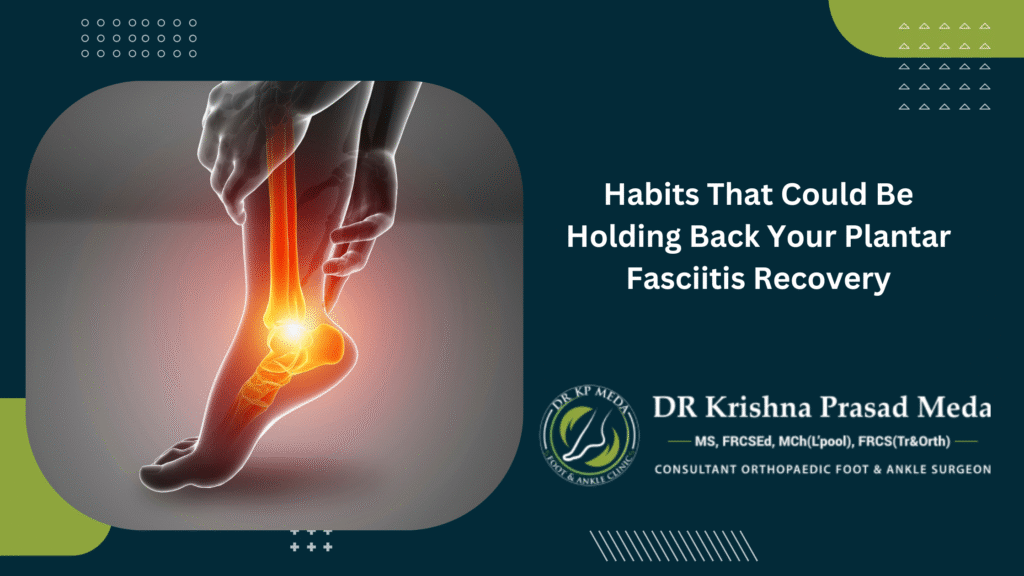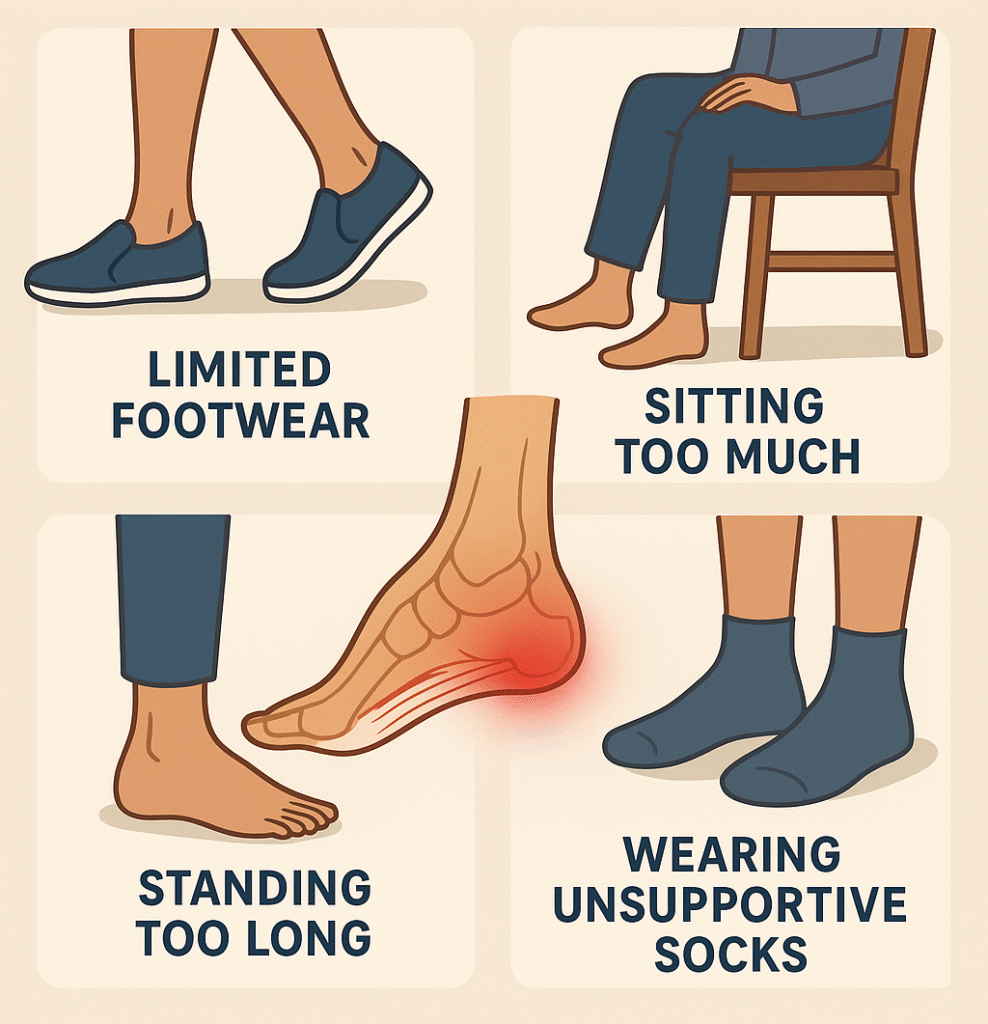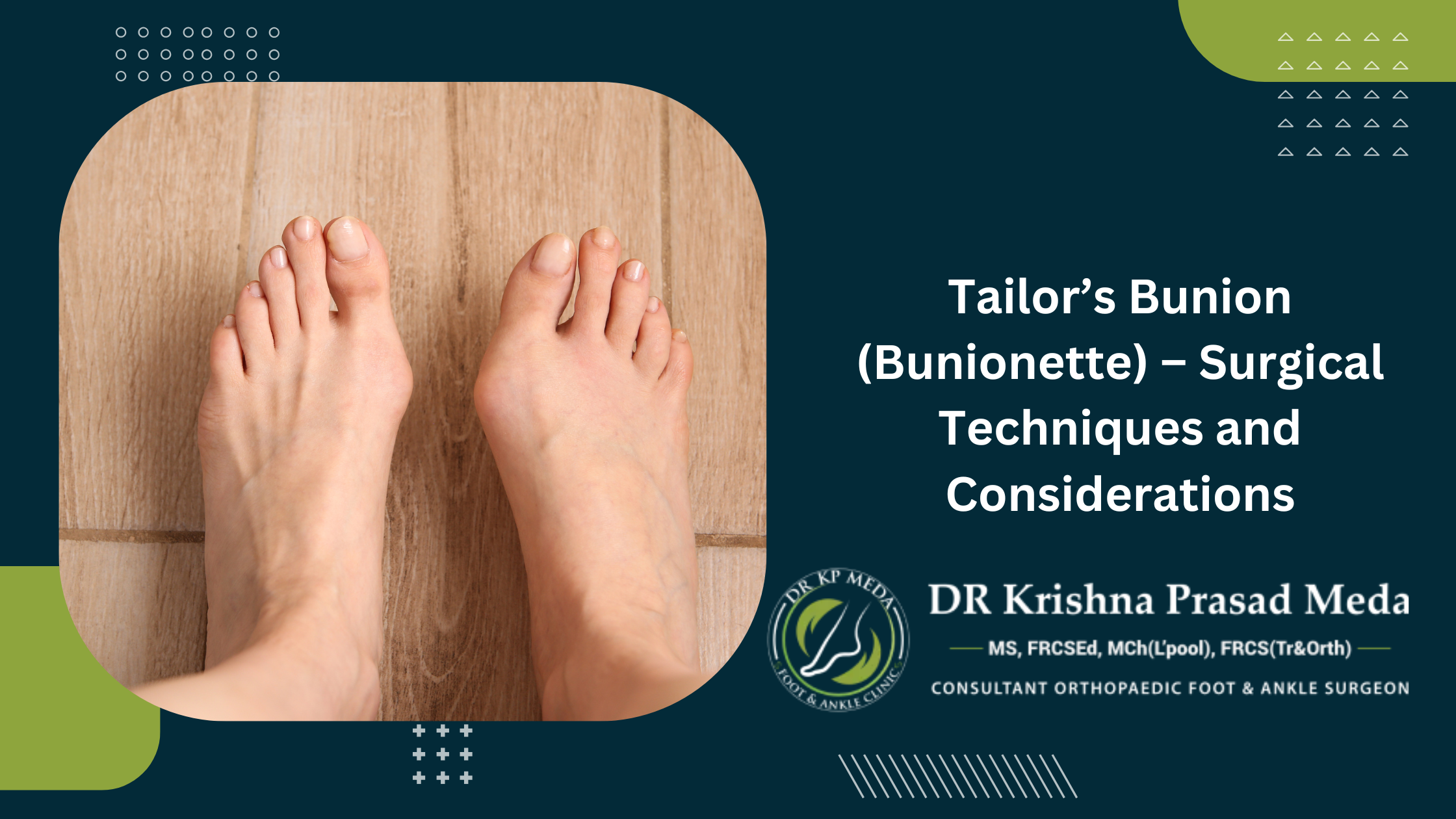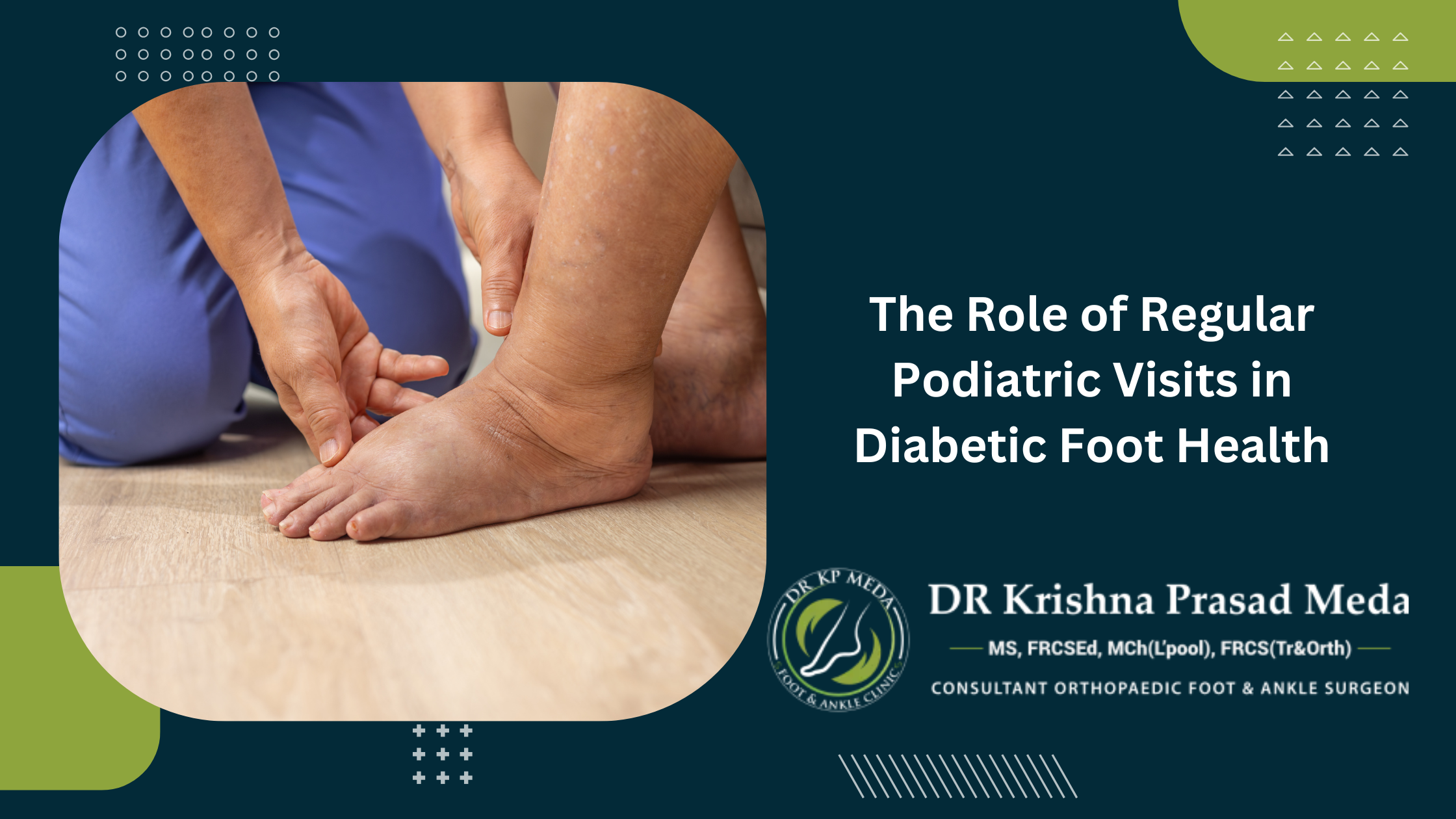Habits That Could Be Holding Back Your Plantar Fasciitis Recovery

Recovery from plantar fasciitis can take its time, particularly if there are daily habits unwittingly aggravating the condition. While physical therapy, good footwear, and rest are all treatments for the problem, your recovery process can come to a halt if injurious patterns continue. Identifying and breaking through Habits That Could Be Holding Back Your Plantar Fasciitis Recovery is key to returning to your life without pain.
1. Ignoring Pain and Continuing High-Impact Activities
One of the most prevalent habits that could be holding back your Plantar Fasciitis Recovery is Ignoring Pain and Continuing High-Impact Activities. Most people think that pushing through pain will strengthen them, but with plantar fasciitis, it tends to cause additional strain and microtears in the plantar fascia. Running, jumping, or high-intensity aerobics without proper rest exacerbates inflammation. Rather, exercise with low-impact activities like swimming or cycling until the injury heals.
Not paying attention to your body can delay healing by weeks or months. If your pain increases after an exercise, it’s a definite indication that you need to adjust the level of activity. Rest is not a setback – rest is an investment in long-term mobility.
2. Wearing Unsupportive Footwear
Another frequently neglected issue is Wearing Unsupportive Footwear. Worn-out soles, weak arch support, or shallow cushioning in your shoes can make each step more challenging for your plantar fascia. This is one of the main Habits That May Be Slowing Down Your Plantar Fasciitis Recovery, as it constantly puts your feet under extra stress.
Supportive shoes assist in distributing pressure evenly, lower the strain on the arch, and allow the plantar fascia to recover. Opt for shoes that are designed for stability and comfort and change them regularly. For additional support, go for custom orthotics or over-the-counter insoles that are specifically designed for plantar fasciitis.

3. Insufficient Stretching and Warm-ups
Lack of stretching and warm-ups can retard healing a great deal. The plantar fascia, the Achilles tendon, and calf muscles all contribute to supporting foot function, and when these tissues are contracted, it is likely to put extra stress on the plantar fascia. This is yet another of the Habits That May Be Slowing Your Plantar Fasciitis Recovery because flexibility has a huge part to play in easing pain and enhancing movement.
Regular daily stretching, particularly before and after exercise, can really help. Basic exercises such as calf stretches, towel stretches, and rolling a frozen water bottle under your foot will loosen tight muscles and improve circulation.
4. Being Overweight
Being Overweight may add to the issue by putting too much pressure on the feet with each step. Extra weight is one of the Habits That Could Be Holding Back Your Plantar Fasciitis Recovery because it continuously strains the plantar fascia, preventing it from healing completely.
If feasible, follow a balanced diet and include low-impact exercises to control weight during recovery. Even a slight weight loss can minimize stress on the feet and accelerate healing time.
5. Standing or Walking Barefoot on Hard Surfaces
Most individuals do not realize how much harm standing or Walking Barefoot on Hard Surfaces can cause to plantar fasciitis healing. Hard surfaces provide no shock absorption or arch support, causing the plantar fascia to take the brunt of your stride. This is yet another habit that makes up Habits That Could Be Holding Back Your Plantar Fasciitis Recovery.
If you have to walk indoors, use supportive slippers or cushioned sandals. For prolonged standing, anti-fatigue mats are a great way to minimize impact and stress.
Breaking These Habits for Faster Recovery
Fixing these poor habits isn’t merely about pain management – it’s about restoring your mobility and balance. Plantar fasciitis impacts your capacity to walk, stand, and carry out everyday activities without discomfort. If not dealt with, these habits can transform a temporary injury into a chronic one, restricting your physical autonomy.
The Role of an Early Warning System
Your body also gives subtle warnings before pain becomes severe. Take them as your warning system – mild heel pain in the morning, stiffness after a period of sitting, or swelling are all indicators to modify your routine. Disregarding them is dangerous and can prolong your recovery time.
Prevention and Overall Well-being
Shattering these damaging habits does more than benefit plantar fasciitis – it leads to prevention and wellness. Properly supporting your feet, being active correctly, and paying attention to your body can you defend against future injuries and improve your lifestyle.
Good foot habits work for your posture, decrease joint stress, and enable you to move with confidence.
Consult with Dr. KP Meda
Recovery from plantar fasciitis isn’t merely a matter of medical interventions – it’s lifestyle choices. By avoiding Habits That Could Be Holding Back Your Plantar Fasciitis Recovery, including Ignoring Pain and Continuing High-Impact Activities, Wearing Unsupportive Footwear, Failure to stretch and warm up, being Overweight, and standing or Walking Barefoot on Hard Surfaces, you take your body down the path it needs to follow for healing.
If you are looking for an expert podiatrist, you can contact Dr. KP Meda, a board-certified podiatrist with over 20 years of experience.
Also Read: High Arched Foot
Recent Post

Tailor’s Bunion (Bunionette) – Surgical Techniques and Considerations
Tailor’s Bunion (Bunionette) – Surgical Techniques and Considerations Comfort, Confidence, & Care – Walk without Pain Tailor’s Bunion (Bunionette) is a painful bony bump that

The Role of Regular Podiatric Visits in Diabetic Foot Health
The Role of Regular Podiatric Visits in Diabetic Foot Health Every Step Matters – Lifelong mobility with regular podiatrist visits in Diabetic foot For people

Special Populations: Treating Hammer Toes in Diabetic or Arthritic Patients
Special Populations: Treating Hammer Toes in Diabetic or Arthritic Patients Hammer toes are a frequent deformity where one or more toes curve abnormally at the

When Is It Time for Surgery? Identifying Bunion Stages
When Is It Time for Surgery? Identifying Bunion Stages A bunion is a frequent foot deformity that may result in discomfort, pain, and difficulty with

